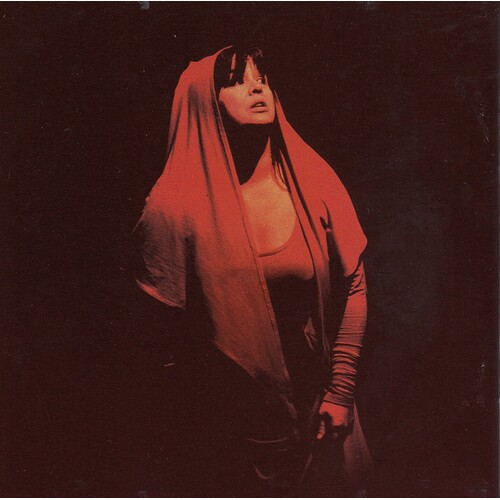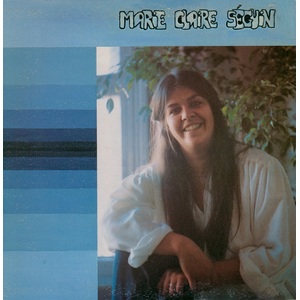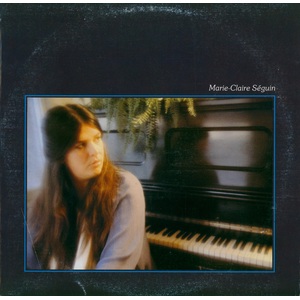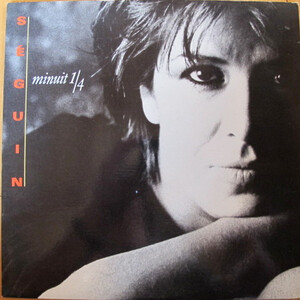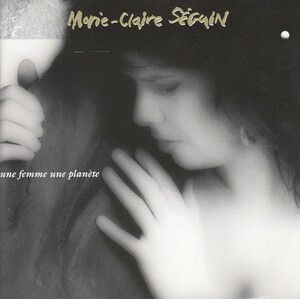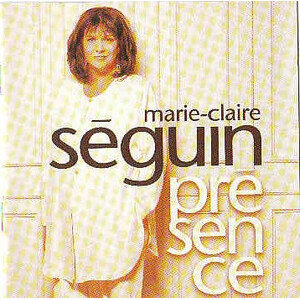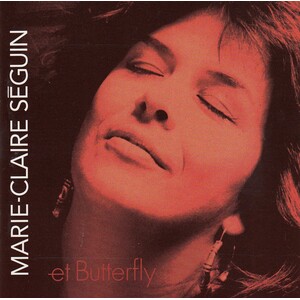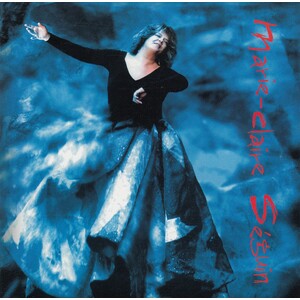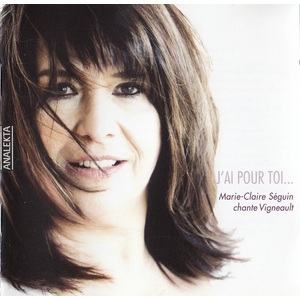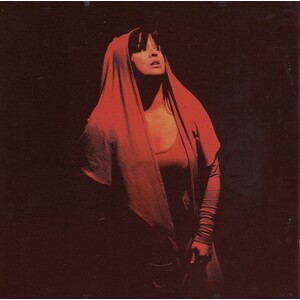Séguin, Marie-Claire
Websites:
https://www.mcseguin.com/biographie
Origin:
Pointe-aux-Trembles, Québec, 🇨🇦
Biography:
Marie‑Claire Séguin was born in March 1952 in the working‑class Montréal neighborhood of Pointe‑aux‑Trembles, alongside her twin brother Richard and two sisters. Raised in a musical household, ‘M.C.’ lived with a piano always close at hand—singing became as natural as breathing, and the instrument as much a part of her as her own voice.
In the late 1960s and early 1970s she performed alongside her brother—first in La Nouvelle Frontière, then as part of the duo Séguin. Their arresting harmonies, strong lyrics, and gentle but pointed social commentary earned them a place at the heart of Québec’s artistic awakening. By 1975, their album Récolte de rêves was hailed a classic, its hit “Les enfants d’un siècle fou” achieving an almost anthem-like status. In 1976, after two emotionally powerful final performances in Montréal and Québec City, the duo amicably disbanded—closing one chapter and opening another.
Striking out on her own in 1978, Marie‑Claire released her self-titled debut album. Critics and audiences alike marveled at her warm, expressive mezzo-soprano voice. That same year she appeared in a televised musical special with the Montréal Symphony Orchestra under the baton of Neil Chotem, and soon followed up with a second eponymous LP in 1979. Over the next two years she toured Québec and France—playing at Théâtre Saint‑Denis, appearing with the celebrated Catherine Lara, and performing over 400 small venue shows that cemented her reputation for intimate, emotionally charged performance.
From 1983 to 1985, she became a prominent voice at feminist and cultural festivals, including the Festival des femmes in Winnipeg and Québec’s international Women’s Day celebrations. She co-created the acclaimed show Du gramophone au laser with Jean-Pierre Ferland, Louise Portal, and Nanette Workman—touring the province and later airing on Télé‑Québec. In 1985, she contributed to a tribute to Félix Leclerc (Rêves à vendre), further confirming her status as one of Québec’s most important interpreters.
Her third solo record, Minuit 1 quart (1986), marked a stylistic shift: polished, contemporary, yet still deeply expressive. That album earned her invitations to prestigious festivals, including Saint-Malo's inaugural Festival québécois de la chanson (1987) and a performance at Théâtre de la Ville, Paris, in 1988. Following this came her 1990 release Une femme, une planète, produced by Alain Sauvageau and Louis Valois—garnering further acclaim at Coup de cœur francophone and an Outremont recital.
In 1993 and 1994 Marie‑Claire debuted the show Présence at Montréal’s Théâtre La Licorne. Joined by pianist Paul Klopstock and cellist Claude Simard, she presented a lyrical repertoire blending her own work and songs by Félix Leclerc, Richard Desjardins, Anne Sylvestre, and Gilles Vigneault. The live recording from these sold‑out performances led to a 170‑date tour across Québec, the Maritimes, the United States, and France, all met with enthusiastic audiences.
From the 1990s onward, Marie‑Claire turned increasingly toward vocal pedagogy. She has led interpretive singing workshops across Québec and beyond—with Petite-Vallée’s Camp en chanson, Granby’s École nationale de la chanson, Cirque Éloize, Mont‑Laurier’s Summer School, and the Union des Artistes—guiding singers to uncover their authentic voices by teaching alignment of body, emotion, and text.
Her powerful vocal delivery—from ballad to blues, chamber to operatic phrasing—earned her the title Artiste pour la paix in 1995, honoring her lifelong advocacy for peace and social justice.
In 1999 she premiered the original show …et Butterfly, an immersive exploration of feminine voices through thirteen expressive concerts in Montréal and Paris. By 2003 she launched Mille Traversées, materializing into a full concert album and tour through 2005.
In 2008, after years of exploration with guitarist Jean‑François Martel, she released J’ai pour toi… Marie‑Claire Séguin chante Vigneault, an intimate tribute to Gilles Vigneault. The album, embraced by listeners and Vigneault himself, reaffirmed her as “one of the greatest voices of our country.”
Today, Marie‑Claire remains a quietly commanding presence—balancing vocalist, performer, and mentor. From master classes to individual coaching and her continuing workshops “Chanter, une rencontre avec soi” and “Oser sa voix,” she continues to inspire singers and audiences with her emotional honesty, vocal leadership, and lifelong love of music.
-Robert Williston
